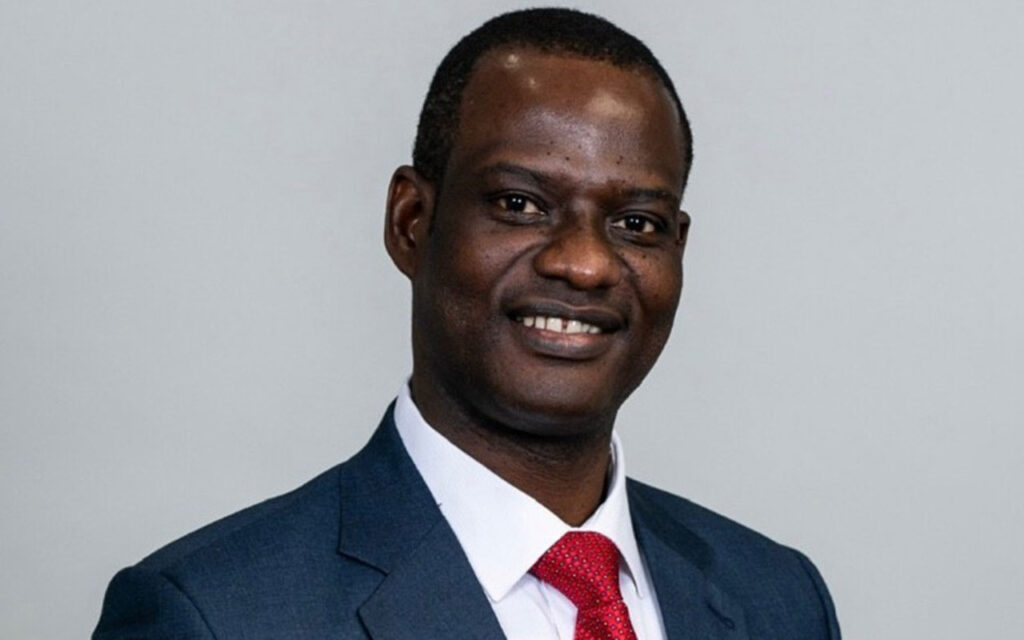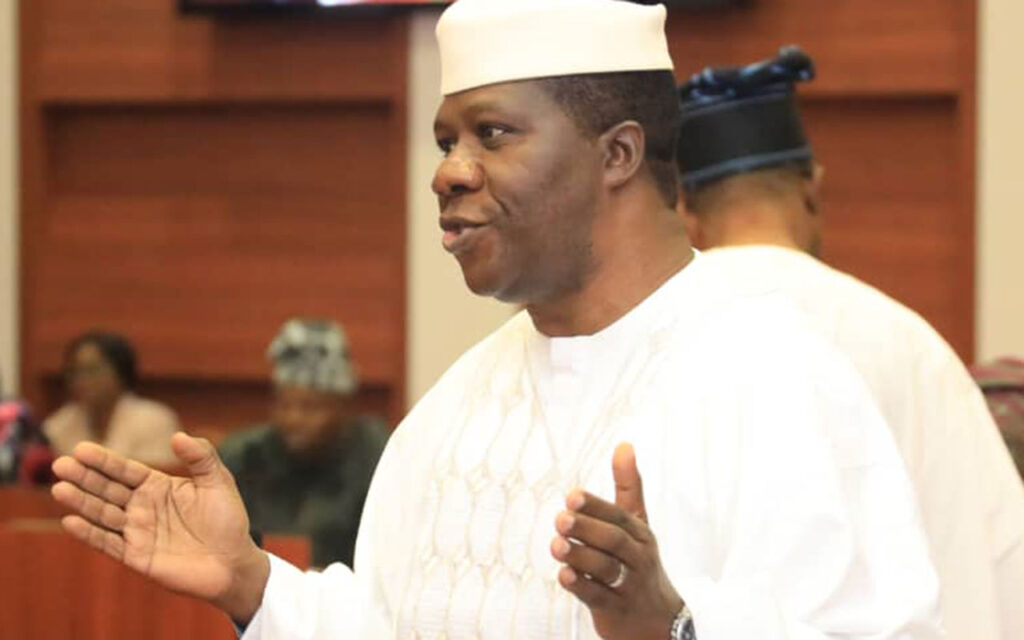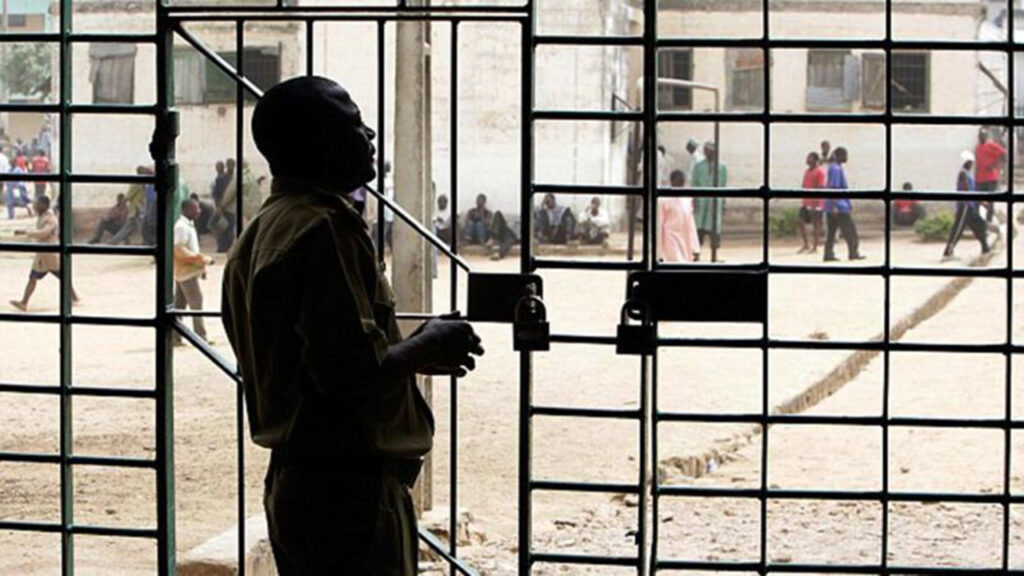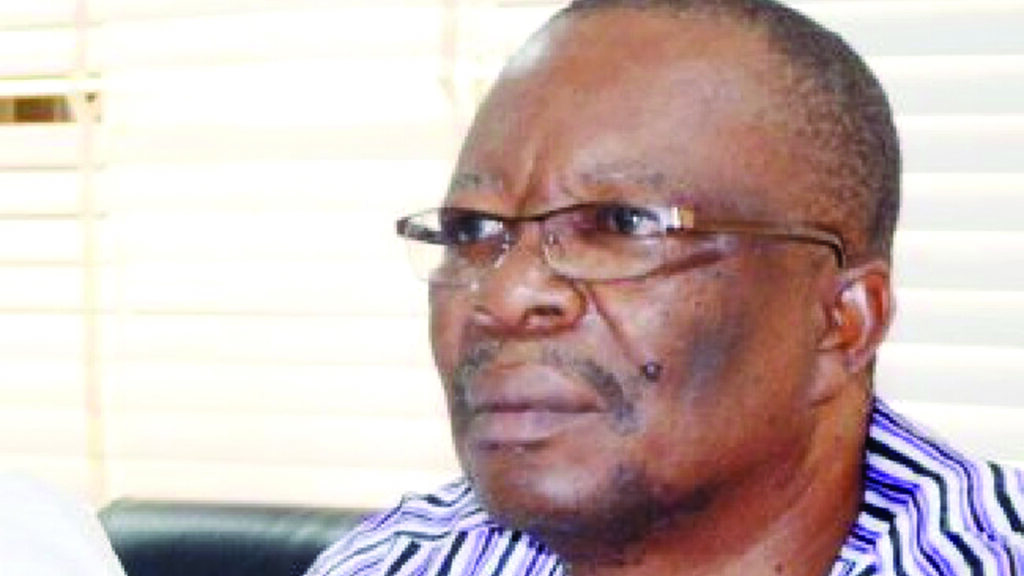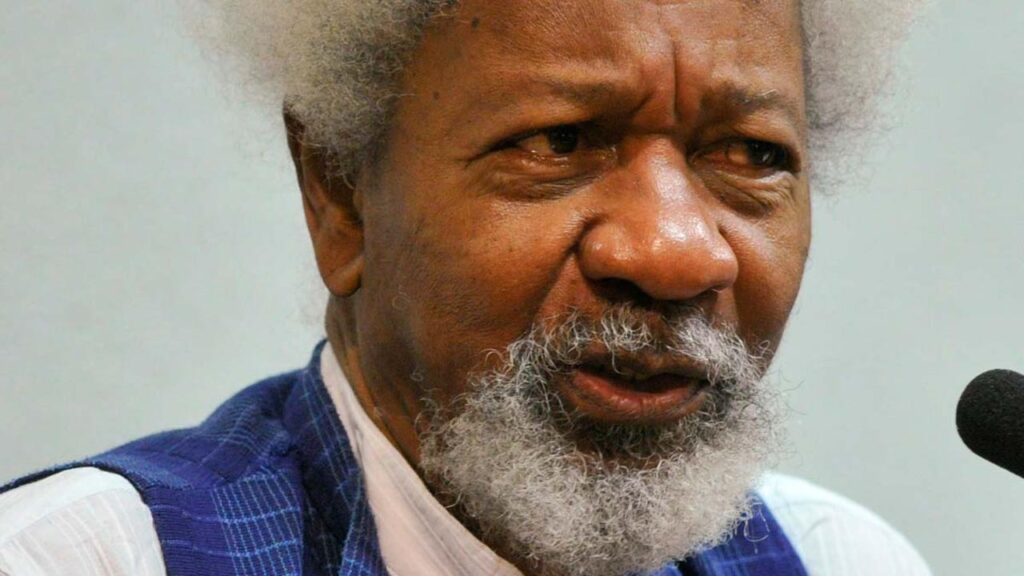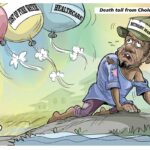
Recent studies have shown that COVID-19 and its aftermath, otherwise called ‘Long COVID’, thrives in Nigeria and other developing countries unreported, because of little or no testing. Not only is the prevalence of Long COVID poorly understood, but also often ignored by physicians and the wider public, CHUKWUMA MUANYA writes.
Long COVID is a complex condition brought on by infection with Severe Acute Respiratory Syndrome Coronavirus type 2 (SARS-CoV-2) that causes COVID-19.
It has been linked to more than 200 symptoms, from brain fog or fatigue that makes it difficult to work, to debilitating pain and muscle weakness. The severity of the condition can vary, and for many people, symptoms come and go; there are days when they can function as they did before or nearly so, only to find that their condition comes roaring back a day later. By some definitions, the condition includes any symptoms that appear or persist for more than three months after the initial infection.
All of this makes the burden of long COVID difficult to measure, even in resource-rich countries. It is even harder to compare across studies, because different research groups might focus on various definitions and symptoms, or survey different groups of people.
According to a recent study published in the journal Nature, Nigeria and other Low and Middle Income Countries (LMICs), a heterogeneous collection of more than 130 nations, face even more challenges. Many have been undermined economically by a legacy of colonialism and exploitation. Healthcare systems vary widely among these countries, but resources are strained in many of them relative to wealthier countries. It is already difficult to find resources for research, and that’s compounded by the lack of centralised health data.
In Nigeria, medical experts had in 2022 alerted to deadly complications in ‘Long COVID’ survivors. They said the situation is dire because over 80 per cent of patients are not aware because they never knew they had COVID-19, they were not tested. The experts said the patients could be at risk of sudden death due to collapse of vital organs such as the lungs, heart, kidney, lever, brain and nervous system.
While COVID-19 can cause a period of acute illness, some people continue to experience symptoms, such as breathlessness, muscle aches and fatigue, for months or even years – a condition that has been labelled long COVID.
Studies have suggested COVID may have a lingering impact, including through damage to organs such as the heart and lungs, while research has suggested less than a third of patients who have ongoing COVID symptoms after being hospitalised with the disease feel fully recovered a year later.
Head, Post COVID-19/Long COVID Clinic at Lagos University Teaching Hospital (LUTH), Idi Araba, Dr Iorhen Akase, said COVID-19 infection and the resultant Long COVID are still circulating in Nigeria, especially among those that are unvaccinated.
Akase said the latest study published in the journal Nature clearly shows the burden of Long-COVID globally, but also how poorly documented it is in low and middle income countries. “The experiences of the author are similar to what we have here because not many studies are done partly because the average Nigerian feels that they have bigger problems to deal with. So, as far as they are still able to move around barely minimally, they will feel that is not something. But when you try to find out have much of a burden it is not just in terms of the symptoms, but also the impact on productivity, functionality and the quality of life of the individuals. So, it is something that we have clearly seen in our practice so far,” he said.
Akase said they had set aside a post-COVID-19 Clinic in LUTH due especially as a multi-disciplinary clinic that was fashioned to deal with all the problems of COVID-19.
“The clinic was set up and still functional. We had quite a number of people who assessed the clinic. We had over 2,000 people, the clinic is still ongoing although the number of patients have reduced. They received clinical care and most were part of our research. Our study is still ongoing. First we wanted to document the symptoms people were having and how much of a burden Long COVID is in our society. Currently, we are studying the immunology damage or the kind of signatures that COVID-19 has left on the immune system of patients, among those who have symptoms of Long COVID and those who do not,” Akase said.
The neurologist said they studied over 2000 patients and found that close to five per cent have symptoms of Long COVID among those admitted for COVID-19. “Even among those not admitted for COVID, we found out that about four per cent of them have Long COVID. We are at the last stage of our research and in the next few weeks the results will be out there,” he said.
Akase said although the study is from a single centre, most of the 2000 persons are from different parts of the country, and it could be generalized or it could be an idea on the prevalence of Long COVID or what is going on in Nigeria.
He said one of the major findings of the study done so far is that one of the commonest symptoms is brain fog, difficulty remembering things or indecisiveness, which have an impact on productivity and some people have lost their jobs because of these. “Some people have experienced psychological issues with depression, low mood and anxiety. We also have those who have had extreme fatigue, weakness. Some are still unable to smell, still unable to taste among a variety of other symptoms. We had over 20 symptoms that were prevalent and most of the time they were neurological in nature. We have those who still have heart problems, some with coughing problems, so are still having muscle problems, sleeping problems with the symptoms cutting across various organs,” he said.
Akase said because of the various symptoms, they had to work with people from different specialties. “We had to work with psychologists, psychiatrists, neurologists, immunologists, respiratory physicians to make sure that we provide care,” he said.
The neurologist said they found that most physicians are not aware of the condition and don’t know what to do. He said out of millions of people that had COVID in Nigeria, most of them have not been followed up, there is no framework for follow up.
Most people don’t know that it is because of the COVID they had that they are having the symptoms they are having now. Akase said the centres providing Long COVID care in Nigeria are not much because governments and research agencies don’t recognise it as a priority area. “Only few centres are providing Long COVID care. We in LUTH, we are fortunate enough to have collaborations from elsewhere, the United States etc. We have funding and logistics,” he said.
On what Nigerians should do to contain the situation, Akase said: “There should be awareness creation on the issues that Long COVID is a problem and could happen to anyone. Secondly, a number of people were not vaccinated. Now they are having COVID over and over again but because they are not tested, they do not know that COVID is still very much around. Even now and then when we have a wave of respiratory symptoms and run tests, we find out that people are still having COVID infections. What we need to find out is whether it is a new wave of COVID or Long COVID that have persisted. If that is so, it becomes necessary not just to get vaccination to prevent acute COVID and hospitalisation, but to make sure that you don’t have Long COVID. It is about people being aware that COVID is still a problem and Long COVID still happens. They should get to a clinic where we can profile them and provide the right care. Long COVID has a plethora of symptoms and a variety of presentations,” he said.
Akase added: “We have had COVID before or you suspect that you have had COVID before but you are not sure, and now you cannot understand how you are feeling, you can always access care here in LUTH.”
According to Nature, evidence so far suggests that the prevalence of long COVID in LMICs could be similar to that of wealthier countries — although, in both settings, the numbers vary a lot. One review found that between 8 per cent and 41 per cent of people who had a COVID-19 infection but weren’t hospitalised had symptoms. But a dearth of research on the condition in less-wealthy countries creates a double curse. An absence of information about prevalence and risk factors leaves advocates hamstrung: few physicians acknowledge that long COVID exists. The lack of data also hampers efforts to search for the mechanisms of the condition and tailor treatments.
Meanwhile, scientists have been trying to pin down the number of people with the condition. Worried that the burgeoning COVID-19 pandemic could worsen or lead to new cases of chronic illnesses, cardiologist Nizal Sarrafzadegan at the Isfahan University of Medical Sciences in Iran launched a long-term study in March 2020. Her team found that 60 per cent of individuals who were hospitalized with COVID-19 in Iran had symptoms a year after their infection.
In South Africa, Jassat and her colleagues followed 3,700 people for six months in a study of COVID-19 outcomes and found that 39 per cent still had at least one symptom six months after their initial infection. People who were hospitalised owing to COVID-19 were more likely to be affected than those who were not: 46.7 per cent versus 18.5 per cent.
In a 2020 study, geriatricians Murilo Dias and Márlon Aliberti at the University of São Paulo, Brazil, and their colleagues found that one in three people admitted for COVID-19 to a hospital in São Paulo still had at least one symptom a year after they were discharged. “That’s a huge problem for the health system,” Aliberti said.
According to the report published in Nature, another reason to study long COVID in different contexts is that the condition might manifest differently from place to place. Many researchers suspect that there are multiple mechanisms underlying long COVID. The risk of the condition might be influenced by genetic and environmental factors, Olufemi Erinoso, a public-health researcher at the University of Nevada in Reno, United States, who has studied long COVID in Lagos, Nigeria, said. “We need to have a global approach to the disease to understand how genetics might affect the outcomes.”


